As cannabis continues to gain legitimacy and further rise in the mainstream, more people than ever are trying it for the first time.
This is a good thing.
Credible guidance is essential when learning how to implement cannabis into your life, and there is no shortage of bad advice out there.
And let’s face it, bad cannabis advice is inevitable right now. Like death and taxes maybe.
Anyways, here are the top 5 pieces of unfortunate cannabis advice I’ve observed over the years.
Luckily, I already knew enough about cannabis to counter these doozies with the facts.
1. “THC is for fun and CBD is for medicine.”
When I first heard this, I couldn’t believe my ears. That it came from someone who used cannabis regularly – and was trying to make it into the industry – is what made it so jarring.
And yet this misconception is more prevalent than we may realize. Why do you think CBD is allowed in vastly more places than THC is?
What’s even more perplexing about this misconception is that the compelling science around THC (tetrahydrocannabinol) and its medical properties is readily available with a quick internet search.
Plus, the cannabis industry is already moving past the CBD versus THC question to focus on how to better exploit minor cannabinoids, like THCV and CBG and more than one hundred others we haven’t even tapped into yet.
But why does THC continue to get a bad rap? Why the lingering stigma? For one, the impact from 80 years of reefer madness propaganda won’t go away overnight.
People have seen so many brainwash messages about “your brain on drugs,” that they are afraid of anything that has to do with getting high. We’re talking national television campaigns based on zero credible science.
It can’t be medicine if it makes you feel good? That’s the stupidest thing I’ve ever heard or typed.
2. “There is absolutely nothing in this plant that can hurt you.”
Maybe you are thinking: how is this bad advice? Cannabis never killed anybody. The whole thing is medicine – a “pharmacy in a bud” as Mara Gordon says.
All true until you take into account contaminants like bacteria, pesticides, mold, dirt, feces, and any other undesirables that might find their way into your cannabis stash.
Just a few years ago, a California cancer patient apparently died from consuming contaminated cannabis. His immune system was already compromised, and he had no way to fight the bacteria that should not have been in his medicine.
3. “Try two gummies for a starting dose.”
This is the bad advice someone close to me followed when visiting family in Colorado. I was a bit humored to hear about how her evening went, although it wasn’t funny at all.
At first, she was enjoying herself, laughing at everything. And then she got super paranoid and became convinced that she was a terrible person (100 percent not true), and it was a long night.
One, I was upset this person didn’t ask me for input beforehand. After all, she knew I worked in cannabis education and cannabis editorial, and we’re like mother and son.
However, I was also pissed off at the family member who gave such terrible advice. You live in Colorado, eat these gummies regularly, and you don’t know what a starting dose is?
Essentially, he advised a cannabis noob to ingest 20 mg of THC, when she should have had 5 mg. Or even 2.5 mg.
How many other people are giving advice like this in legal markets?!
After I’d advised her on the proper dosing, she tried again and enjoyed the effects.
4. “Don't ever take cannabis again.”
This happened in college. I didn’t know shit about cannabis at the time other than it made me feel good, helped me focus, and I had lots of good ideas on it (I was also a straight A student at this college despite smoking every day!).
I don’t remember how it come up, but I’d mentioned to a classmate something about cannabis, and he became extremely concerned. He began to equate cannabis use to his past issues with alcohol, and this guy just knew I was on the verge of a downward spiral (which I wasn’t).
With the best of intent, this acquaintance told me to steer clear of weed. Anytime I felt the desire to consume, he advised, turn to my writing. That’ll keep you out of trouble, he said.
Fortunately, I saw right through the reefer madness thinking, although I knew so little about cannabis at the time, I was unable to articulate any real response.
If somebody said that to me today, I’d calmly ask them questions like: How do you know cannabis is bad? Where did you get your information? Would you be willing to look at new information?
5. “It's better to mix with tobacco.”
When I first moved abroad, I ran into this. And I still don’t get it.
Why taint the cannabis with tobacco?
Regulated tobacco has all sorts of issues, and nicotine is extremely addictive.
For me, cannabis is more like a sacrament. I don’t want to mix anything with it, unless it’s more cannabis.
However, I had one person advise me that consuming straight cannabis would burn my brain. And another who said, mixing tobacco in with a joint made for a better smoke, it burned better.
Bah. I prefer a dry herb vaporizer anyway, and if you are going to pass me a joint, no tobacco inside please!
Need a little more Bluntness in your life? Check out our YouTube page!
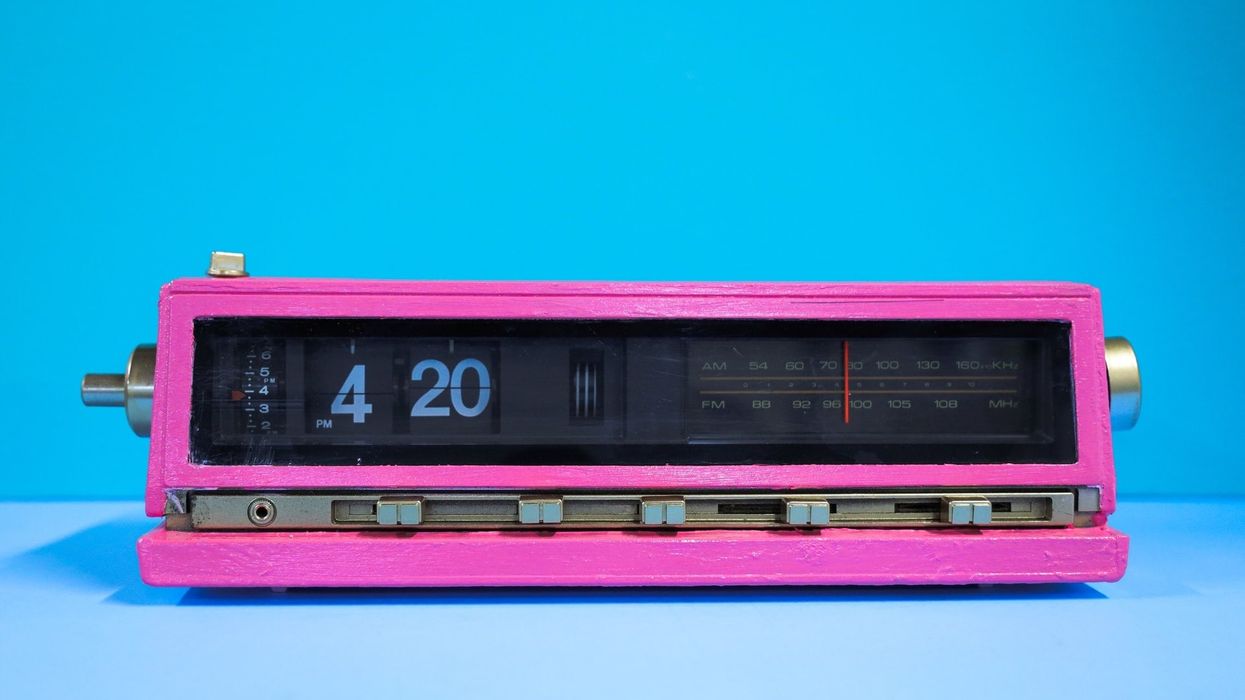






 What will you do with that cannabis kief collection? - Make Coffee! The Bluntness
What will you do with that cannabis kief collection? - Make Coffee! The Bluntness DIY: How to Make Kief Coffee - The Bluntness
Photo by
DIY: How to Make Kief Coffee - The Bluntness
Photo by 





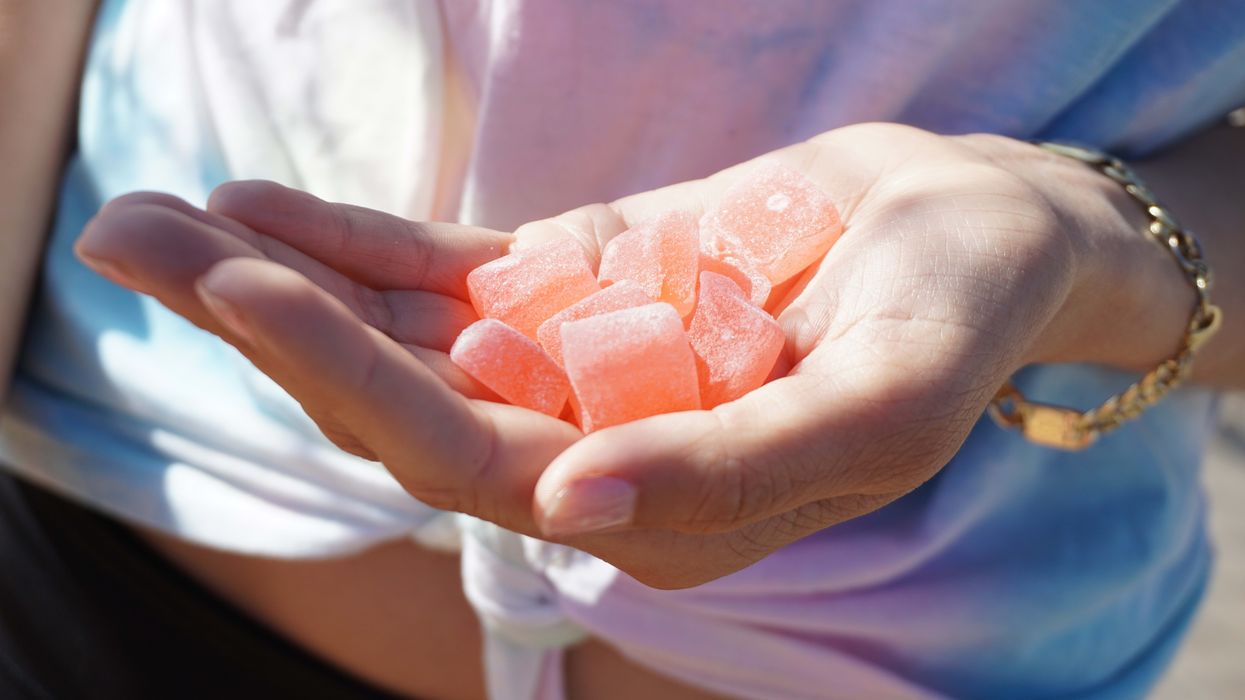
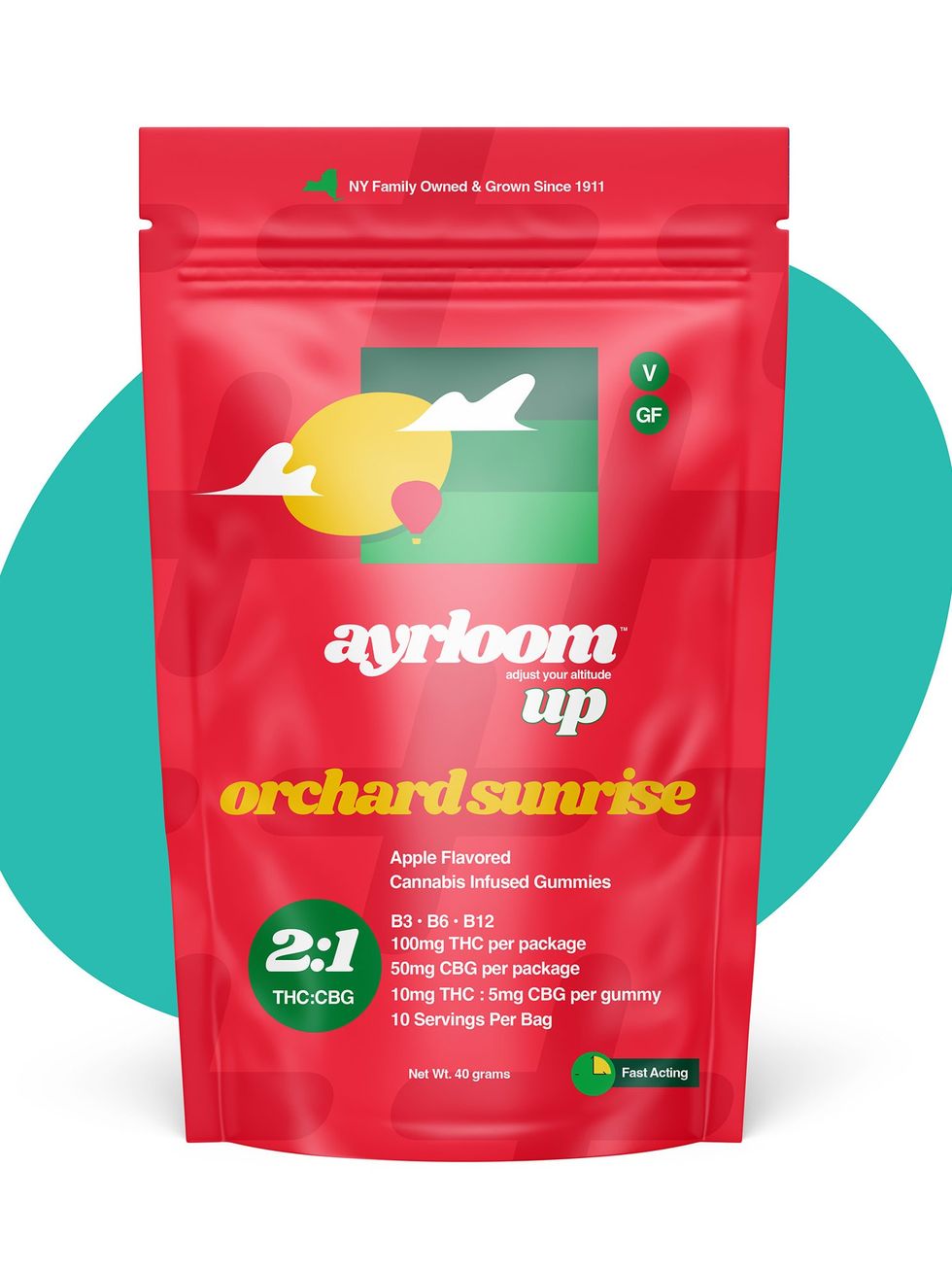 Ayrloom Orchard Sunrise Cannabis Infused Gummies
Ayrloom Orchard Sunrise Cannabis Infused Gummies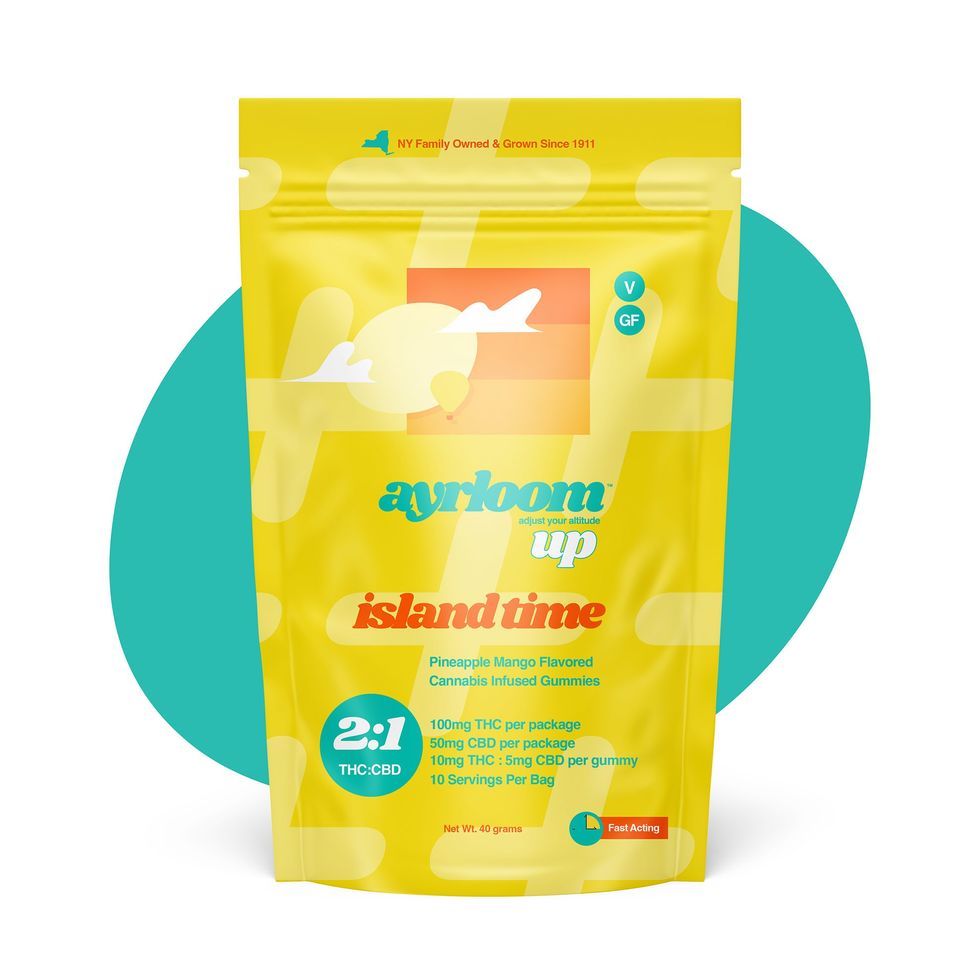 Ayrloom Island Time THC Gummies - Pineapple Mango Flavor
Ayrloom Island Time THC Gummies - Pineapple Mango Flavor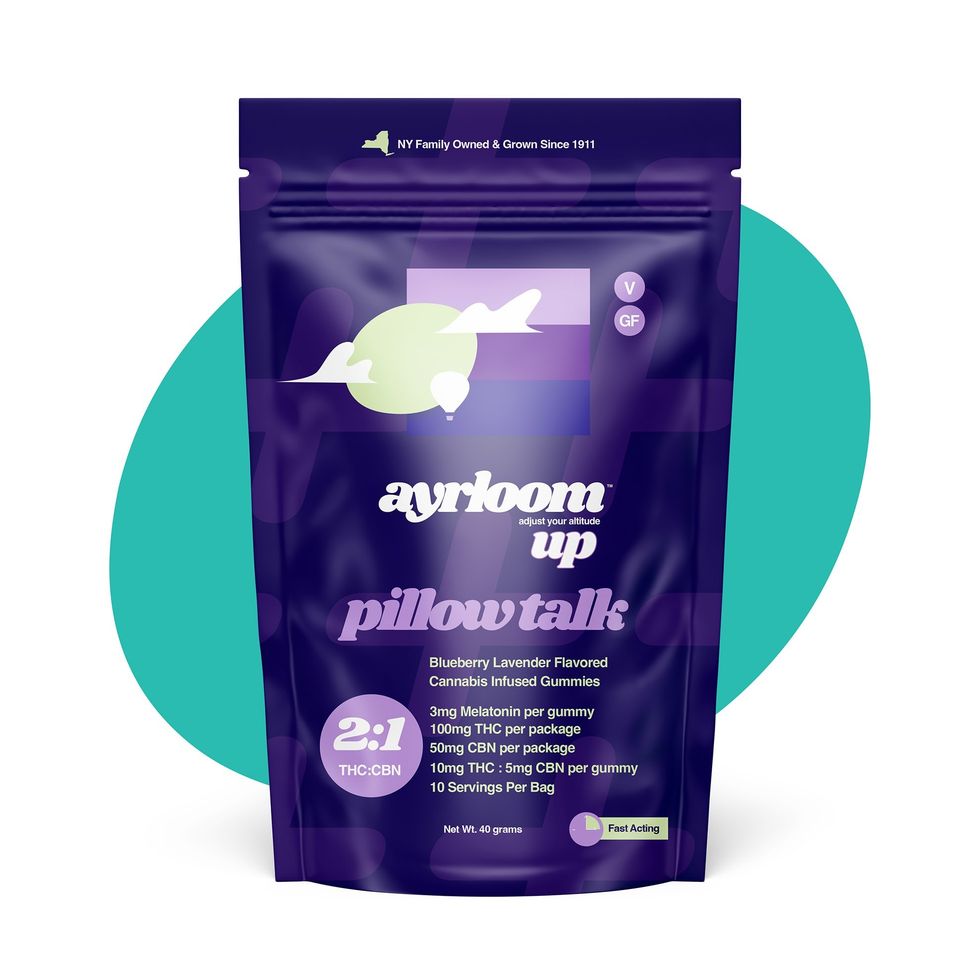 Ayrloom Pillow Talk - Sleep Gummies
Ayrloom Pillow Talk - Sleep Gummies 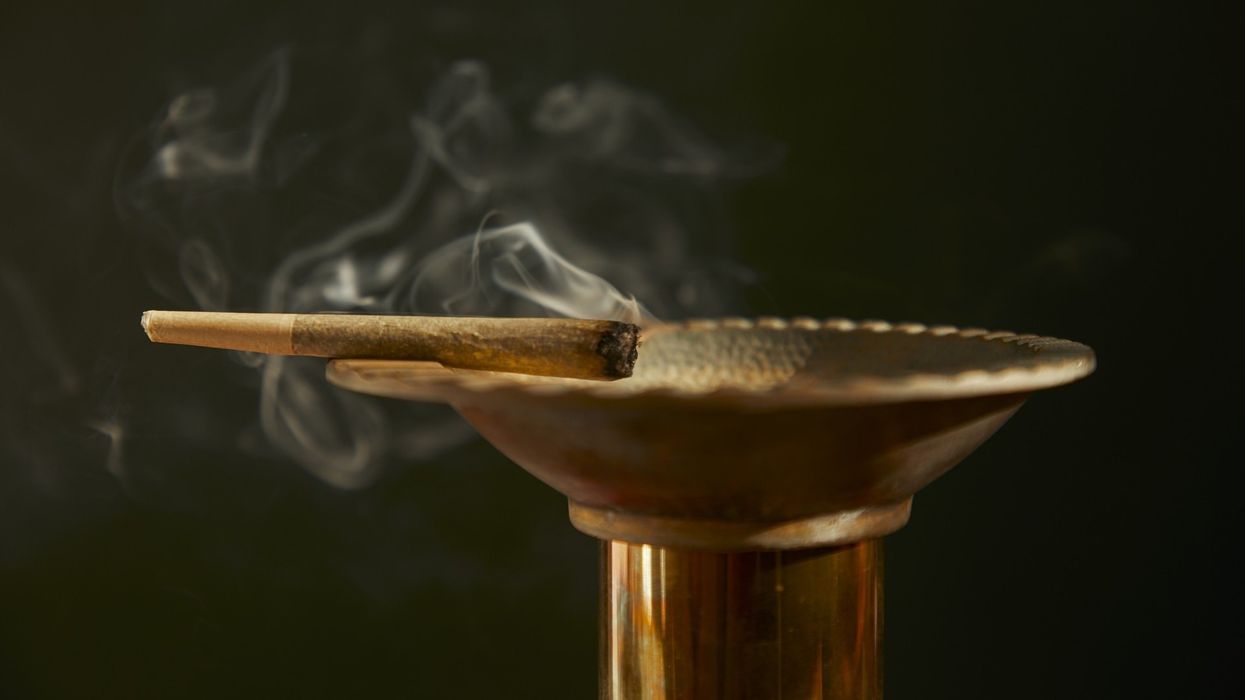
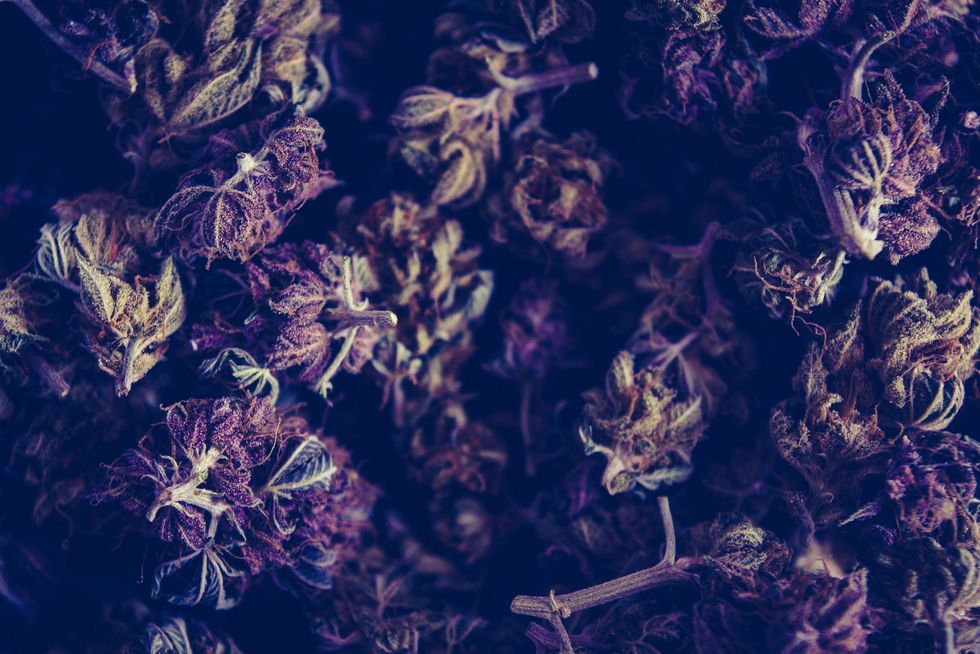 What is reggie weed? - The Bluntness
Photo by
What is reggie weed? - The Bluntness
Photo by 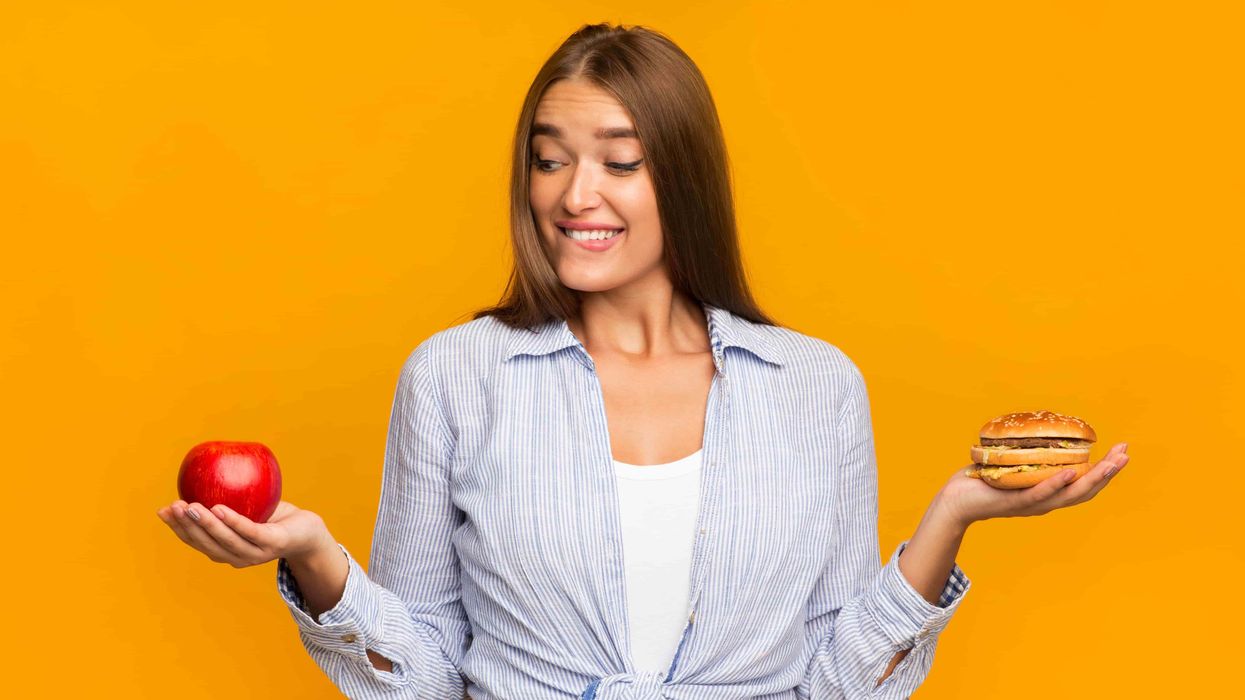
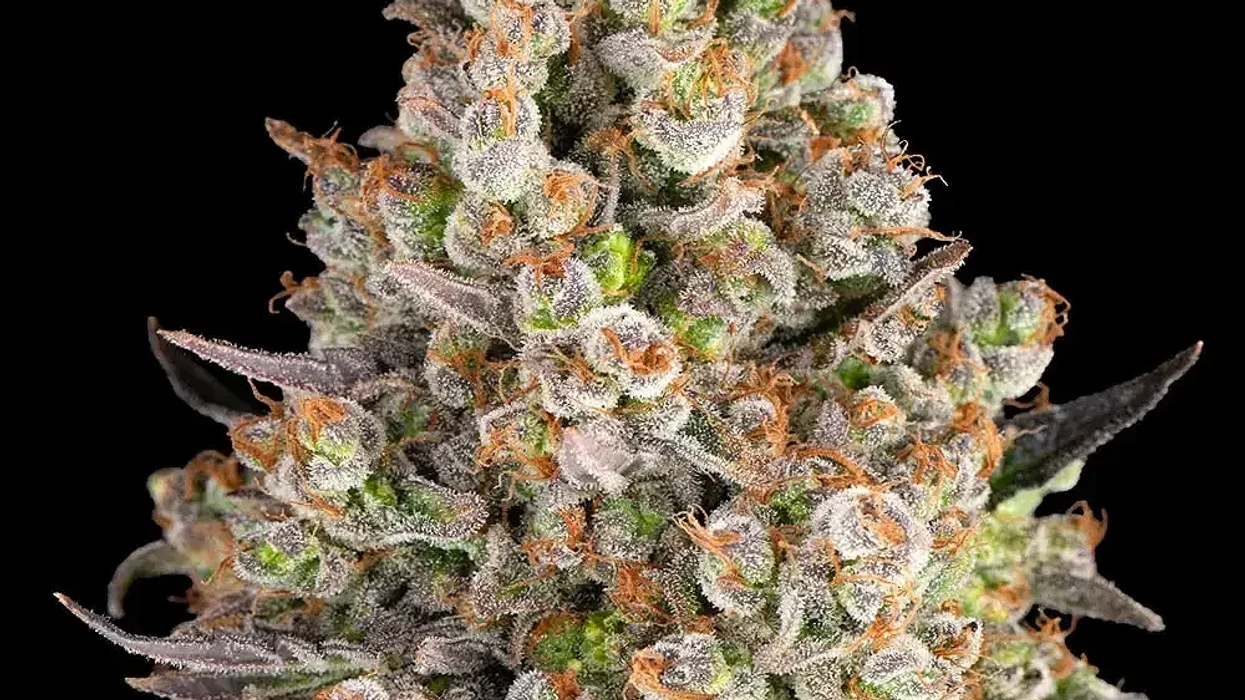
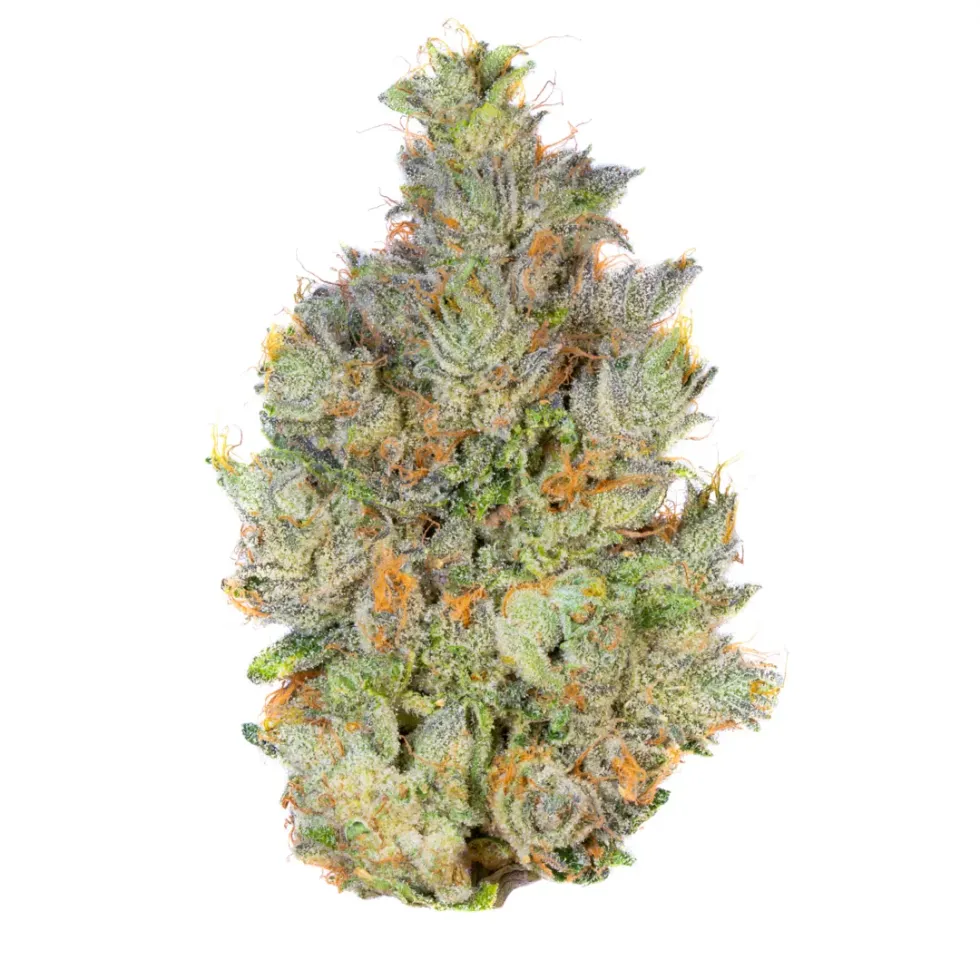 OG Kush Strain: The West Coast Classic That Defined a Generation - The BluntnessAlien Labs
OG Kush Strain: The West Coast Classic That Defined a Generation - The BluntnessAlien Labs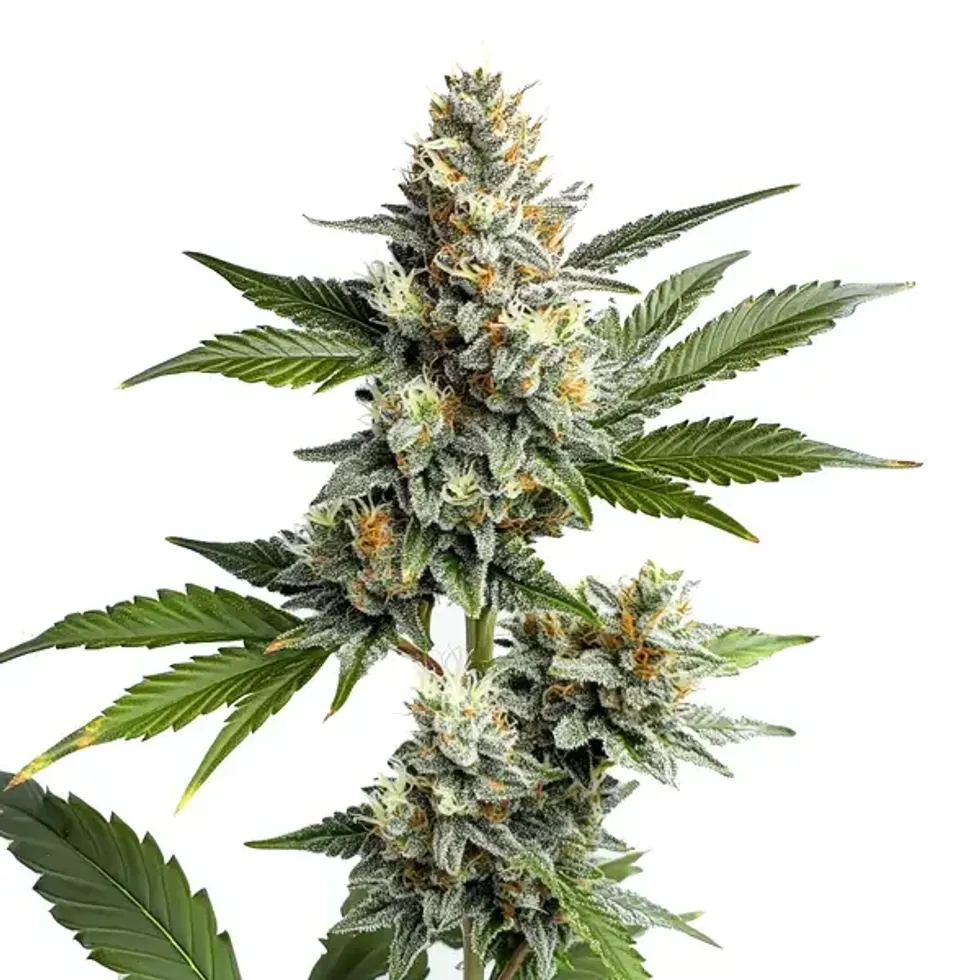 OG Kush Strain: The West Coast Classic That Defined a Generation - The Bluntness
OG Kush Strain: The West Coast Classic That Defined a Generation - The Bluntness